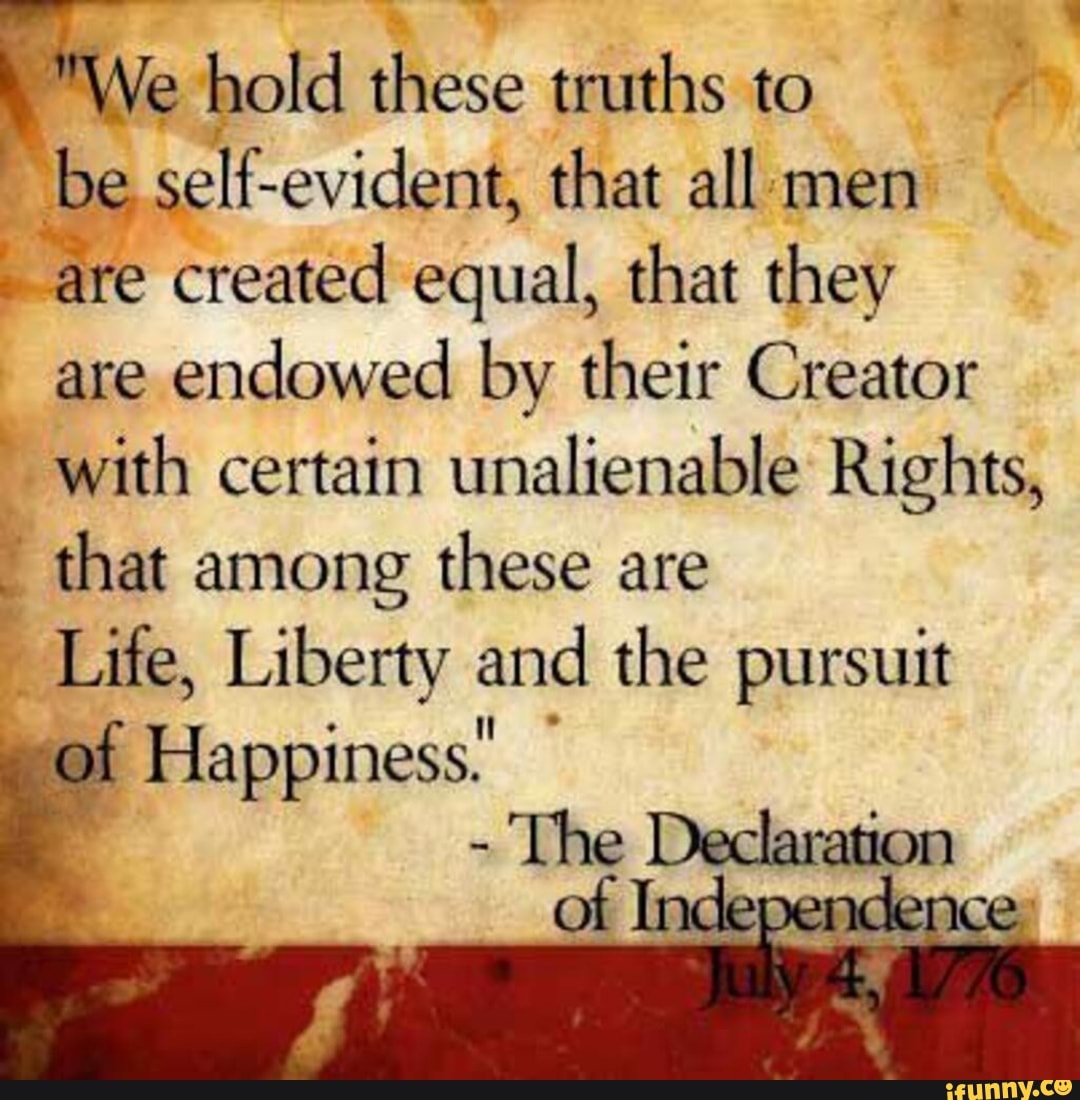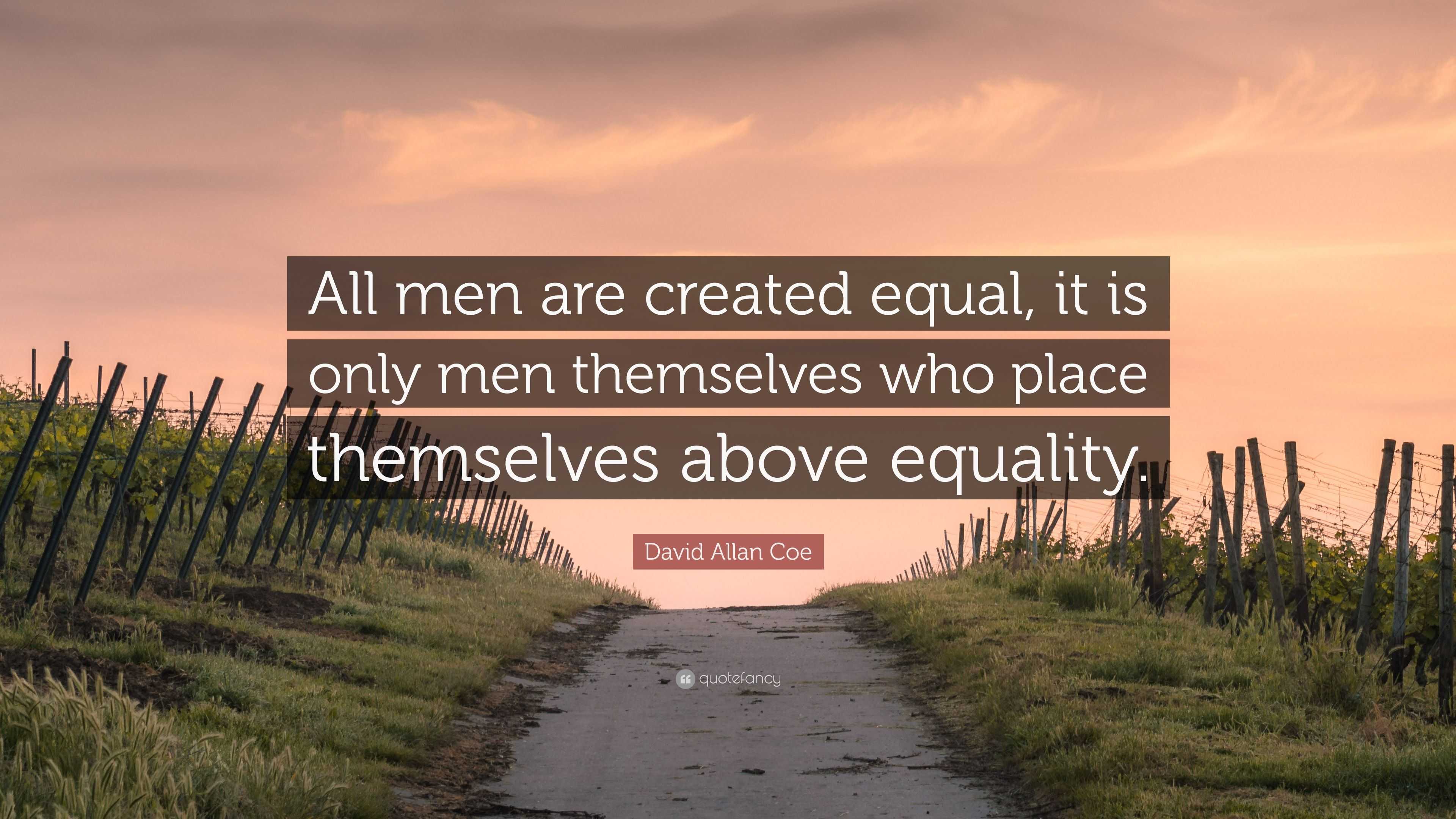

Although my neighbor and I are equally human beings, his or her color may not be the same as mine. However, that person is not more human than I.Īlso, as Lincoln observes, equality does not mean that human beings must be the same in all respects. Similarly, a person who is smarter than I is superior to me in intelligence.

However, he or she is not superior to me as a human being. They did not mean to say all were equal in color, size, intellect, moral developments, or social capacity.”įor example, in a foot-race, the person who is faster than I is superior to me as a runner. “they did not intend to declare all men equal in all respects. On 26 June 1857, Lincoln proceeds to explain what “created equal” does not mean, saying, In fact, a little over a year later, in his Seventh Debate with Stephen Douglas on 15 October 1858, Lincoln reaffirmed that the phrase “all men are created equal” refers to all human beings, not just Whites. “defined with tolerable distinctness, in what respects they did consider all men created equal - equal in ‘certain inalienable rights, among which are life, liberty, and the pursuit of happiness.’ This they said, and this meant.” Then Lincoln goes on to say, according to a reading of the context of the Declaration of Independence itself, that it In short, Lincoln’s interpretation of the phrase is inclusive, while Douglas’ is exclusive. In other words, they are equal in being humans. But according to Lincoln, “the authors of that notable instrument intended to include all men.” For Lincoln, then, all humans, regardless of their color or gender, have equally the same nature, namely, a human nature. On 26 June 1857, in Springfield, IL., Abraham Lincoln explained the meaning of the phrase “all men are created equal,” after listening to a speech by Senator Stephen Douglas in which he excluded Blacks from its meaning.


 0 kommentar(er)
0 kommentar(er)
